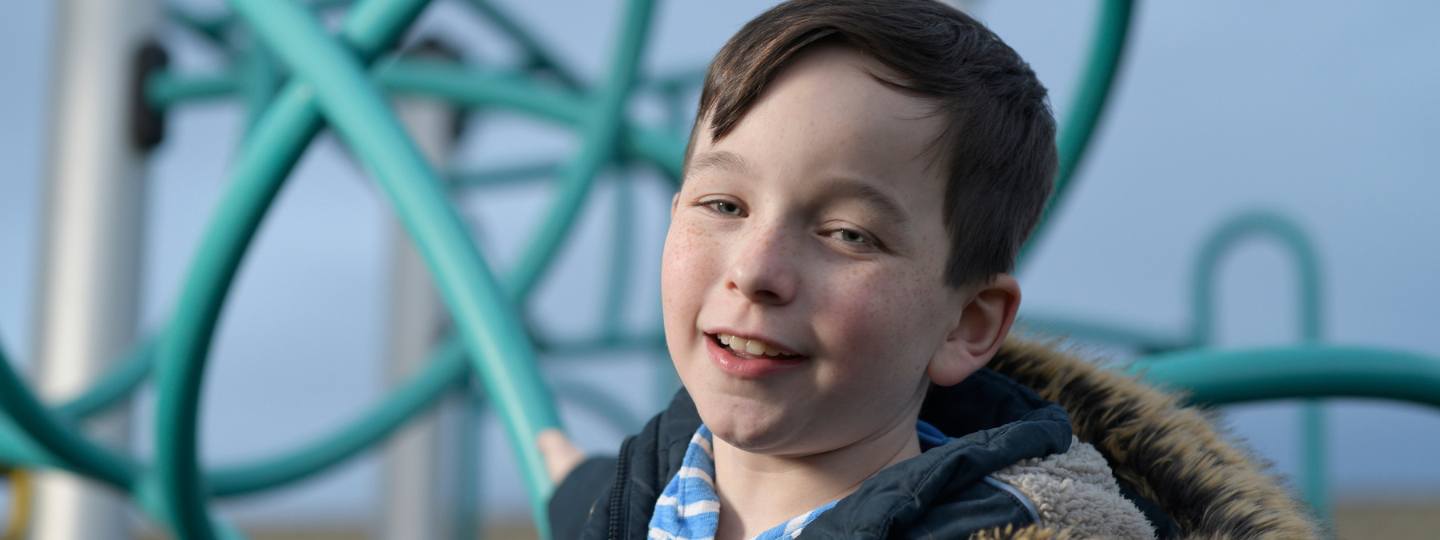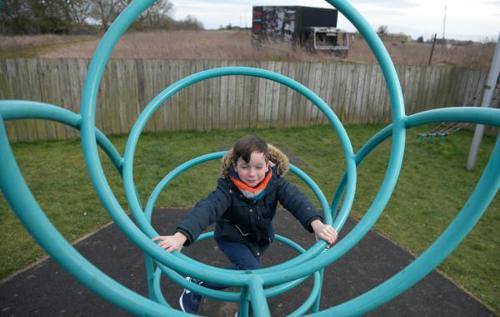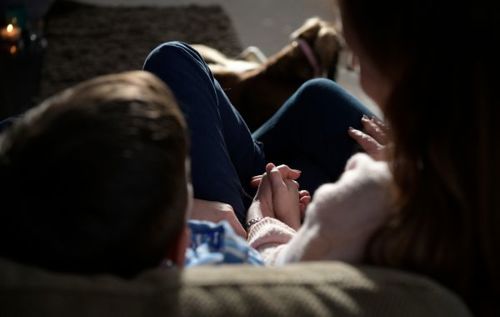New research to tackle musculoskeletal pain in young people
07 February 2024
We’ve teamed up with the Medical Research Foundation to fund two new research fellowships. These aim to improve the lives of young people living with musculoskeletal pain.
Musculoskeletal pain is acute or chronic pain felt in the muscles, ligaments, tendons or bones.
It’s often poorly understood, poorly managed, and if left unchecked, it can have lasting consequences for young people, including disability and/or emotional distress.
Right now, chronic pain affects between 18.4 million and 28 million people across the UK. That's more than a third of the population living in pain for more than three months.
While research into adult pain has grown steadily, there’s been a lack of research into musculoskeletal pain in young people.
We want to address this. That’s why, together with the Medical Research Foundation, we funded two ‘Catalyst Fellowships’ focusing on pain in young people. These were awarded to:
- Dr Rhiannon Joslin, Clinical Academic Physiotherapist at the University of Southampton.
- Dr Verena Hinze, Postdoctoral Research Fellow at the University of Oxford.
Here we take a closer look at Dr Joslin and Dr Hinze’s groundbreaking research and how it may help the next generation.
Personalised physiotherapy for young people experiencing pain
 Muscle and joint pains, sprains, and broken bones are common for many children. But while most young people get better, for others the pain can continue into adult life.
Muscle and joint pains, sprains, and broken bones are common for many children. But while most young people get better, for others the pain can continue into adult life.
If you experience these pains, your healthcare team usually suggest you try physiotherapy.
This is a type of treatment where a trained professional (called a physiotherapist) will offer tailored treatments to help:
- relieve your pain.
- improve your mobility.
- help you stay independent.
Through her research, Dr Joslin will develop a training package for physiotherapists, which hopes to make physiotherapy more personalised.
"We hope that by personalising physiotherapy treatment, this will allow young people to feel more in control, reach their goals and prevent pain lasting into later life.”
First, Dr Joslin will organise workshops with young people (aged 14-18) who have had physiotherapy. Based on their own experience, the young people will design a new way for young people to talk about their pain and set treatment goals.
Young people, parents, and physiotherapists will then provide feedback on this new approach so it can be used in a healthcare setting.
Distress in young people with chronic pain: Who is at risk, when, and why?
 Living with chronic pain can be tough for any young person. But while some people may experience distressing thoughts, others may not.
Living with chronic pain can be tough for any young person. But while some people may experience distressing thoughts, others may not.
No young person should face these problems alone. So, it’s important for us to figure out who might be more vulnerable to distress, when and why. That way, we can be there for them when they need it most.
Through her research, Dr Hinze will explore why some young people with chronic pain may experience severe distress but not others.
She will invite 70 young people with chronic pain (aged 12-19 years) to answer a few questions about their pain and feelings four times per day.
This will help the researchers better understand how feelings of pain and distress might change over hours, days, and weeks. Plus, it might show us which psychological and social factors might bring about these changes.
Answering these questions is vital as it will help us make sure vulnerable young people get the right care at the right time.
"Chronic pain can be very distressing for some young people, but not everyone will develop such severe distress. Therefore, it is crucial that we better understand who is at risk, when, and why.”
It’s important to remember that there’s never just one reason a young person may experience distressing thoughts. It’s deeply personal and there are often complex factors at play.
If you or someone you know is struggling, remember you don’t have to face your problems alone. If you need support, you can:
- Call Samaritans for free 24/7 on 116 123.
- Call Papyrus on 08000684141.
- Call Childline on 0800 1111 or use chat to one of their counsellors online.
- Chat to The Mix Counselling Service online.
- Text 'Shout' to 85258 for free to receive confidential, anonymous support 24/7.
We also have a Young People and Families Service that supports young people and their families with one-to-one support, events and resources across the UK.
Were here for you
If you need advice or support, you can also:
- Call our free helpline on 0800 5200 520
- Chat to our Arthritis Virtual Assistant
- Join our online community
- Stay in touch and follow us on X (Twitter), Facebook and Instagram.